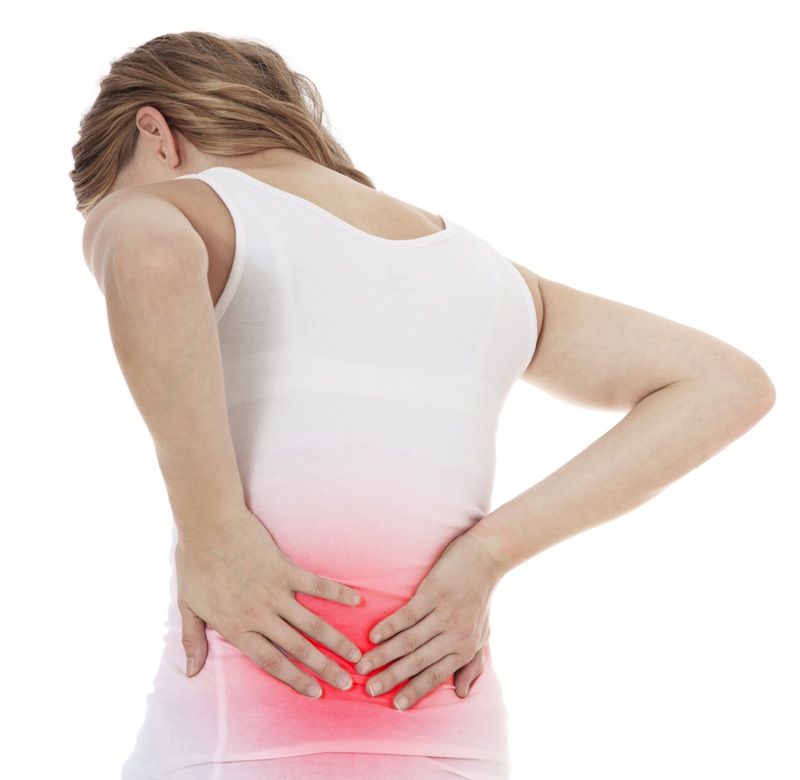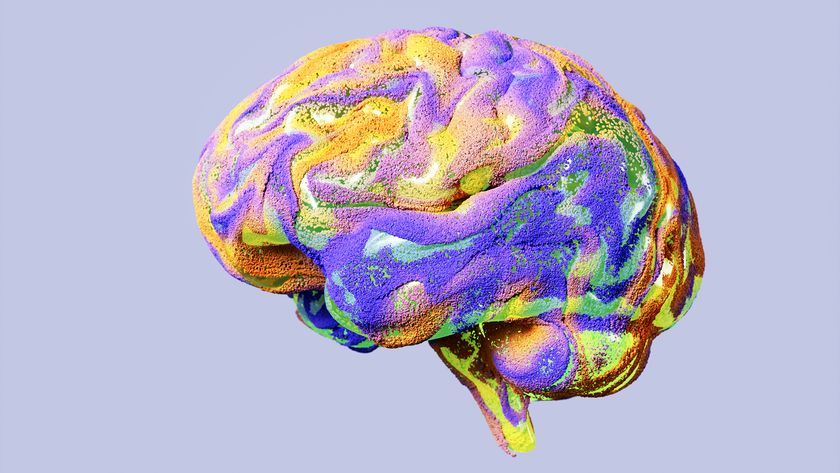Chronic Pain Makes Mice Lazy

Chronic pain may rewire the brain in such a way that it decreases motivation, even after an individual takes painkillers, a new study in mice finds.
People don't like pain, but it does serve a purpose: to prevent further harm and pain. The brain's rewiring during chronic pain may stem from the way pain helps people, researchers said.
"Acute pain is useful because it limits or stops our behavior to prevent further injury, promote healing and prevent a similar injury in the future," said the study's lead researcher, Neil Schwartz, a postdoctoral research fellow of psychiatry at Stanford University in California.
But chronic pain can permeate a person's life. People with chronic pain report feeling fatigue, depression and decreased motivation, Schwartz told Live Science. [5 Surprising Facts About Pain]
In the new study, Schwartz and his colleagues gave mice a chocolate-flavored pellet if they poked their noses into a small hole. But the task became more difficult over time, requiring dozens of nose pokes for a pellet.
The researchers divided the mice into three groups — one group of mice with injuries to their sciatic nerves (the nerves that run down the back of the leg), one group of mice with inflamed paws and a control group of uninjured mice. In tests a week later, the injured mice poked their noses into the hole, but they gave up sooner than the uninjured mice. This finding suggests they had decreased motivation, according to the study, published today (July 31) in the journal Science.
Tests showed that the injured mice still liked the reward and were still able to move around the chamber. But somehow, the pain decreased their motivation. Even painkillers failed to improve their performance.
Sign up for the Live Science daily newsletter now
Get the world’s most fascinating discoveries delivered straight to your inbox.
However, the injured mice did just as well as the uninjured mice did when the test was easy and required only a few nose pokes. "It was only when the task was substantially difficult that we saw this detriment in behavior," Schwartz said.
The researchers also found that some of the nerve cells in the nucleus accumbens, an area of the brain associated with pain and motivation, were not firing properly.
The researchers identified a signaling chemical called galanin as the link between changes in the brain's circuits and the decreased motivation. When the researchers inactivated the galanin receptor in the nucleus accumbens, the brain currents returned to normal, and the injured mice completed the test as well as the uninjured mice did.
"What's new is, they found a place in the brain where this actually happens, where the critical change occurs that results in this decreased willingness to go get food," said Howard Fields, the director of The Wheeler Center for the Neurobiology of Addiction at the University California, San Francisco School of Medicine, who was not involved in the study.
The finding may guide future research on behaviors that accompany chronic pain, Fields said.
"Maybe it won't have a direct effect on the pain intensity, which is where most pain treatments are directed, but maybe it will target some of the disabling behavioral changes that occur," said Fields, who wrote an opinion piece accompanying the study in the journal.
Follow Laura Geggel on Twitter @LauraGeggel and Google+. Follow Live Science @livescience, Facebook & Google+. Original article on Live Science.

Laura is the archaeology and Life's Little Mysteries editor at Live Science. She also reports on general science, including paleontology. Her work has appeared in The New York Times, Scholastic, Popular Science and Spectrum, a site on autism research. She has won multiple awards from the Society of Professional Journalists and the Washington Newspaper Publishers Association for her reporting at a weekly newspaper near Seattle. Laura holds a bachelor's degree in English literature and psychology from Washington University in St. Louis and a master's degree in science writing from NYU.











